
Steward of knowledge vs. autonomous knower

On Eugenics in America
Christine Rosen explores early eugenics support in the early 1900s and current “participatory evolution” practices. (50 minutes)
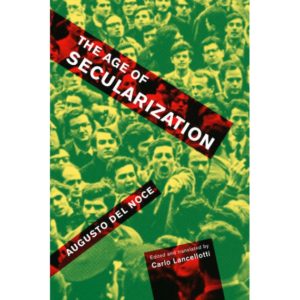
Recovering the primacy of contemplation
Augusto Del Noce finds in St. Augustine resources to diagnose the fatal flaw in progressivism
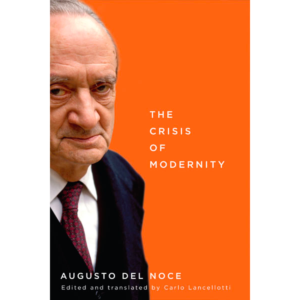
Confronting the supremacy of science
Augusto Del Noce on the belief that science is the only true form of knowledge
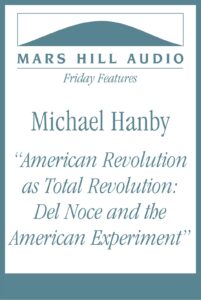
The roots of American disorder
In this reading of an article from 2021 by Michael Hanby, the critique of Marxism in Augusto del Noce’s work is compared with texts from the American Founders. (79 minutes)

Fixed certainties, fixed mysteries
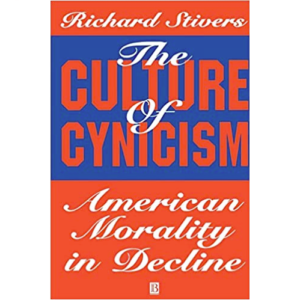
Detached consumers of interesting facts
Richard Stivers on how statistical norms replaced moral norms
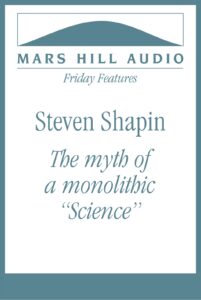
Carelessly invoking “science” in the pandemic
Historian of science Steven Shapin talks about about how the authority of “science” has been invoked by many political authorities during the pandemic, yet how scientific pursuits are deeply human endeavors. (18 minutes)
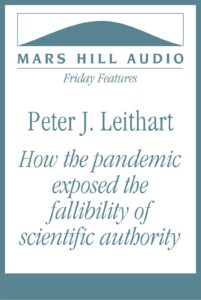
When “follow the science” doesn’t work
Peter Leithart reflects on the all-too-human nature of science and the effects of quarantine on the Church's embodied mission. (32 minutes)
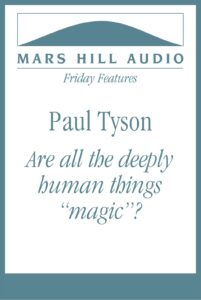
The reality that science cannot see
Philosopher Paul Tyson illustrates features of daily life that science cannot “see,” such as love, friendship, justice, and hope, and argues that such things are nonetheless real. (20 minutes)

Why “Creation” is more than “origins”
In this archive interview from Volume 121 of the Journal, Michael Hanby talks about why we shouldn’t assume that science can ever be philosophically and theologically neutral. (32 minutes)
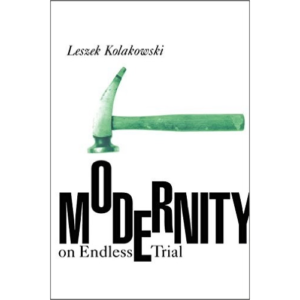
From Descartes to Nietzsche
Leszek Kolakowski on Cartesian rationality and modernity’s loss of meaning

Mars Hill Audio Journal, Volume 83
FEATURED GUESTS: Barrett Fisher, Dick Keyes, Richard Lints, Paul McHugh, Paul Weston, and Paul Walker

Art and the loss of transcendence
Suzi Gablik looks at how modern and postmodern artists have struggled with living in modern and postmodern societies in which there is no public vocabulary for the sacred.